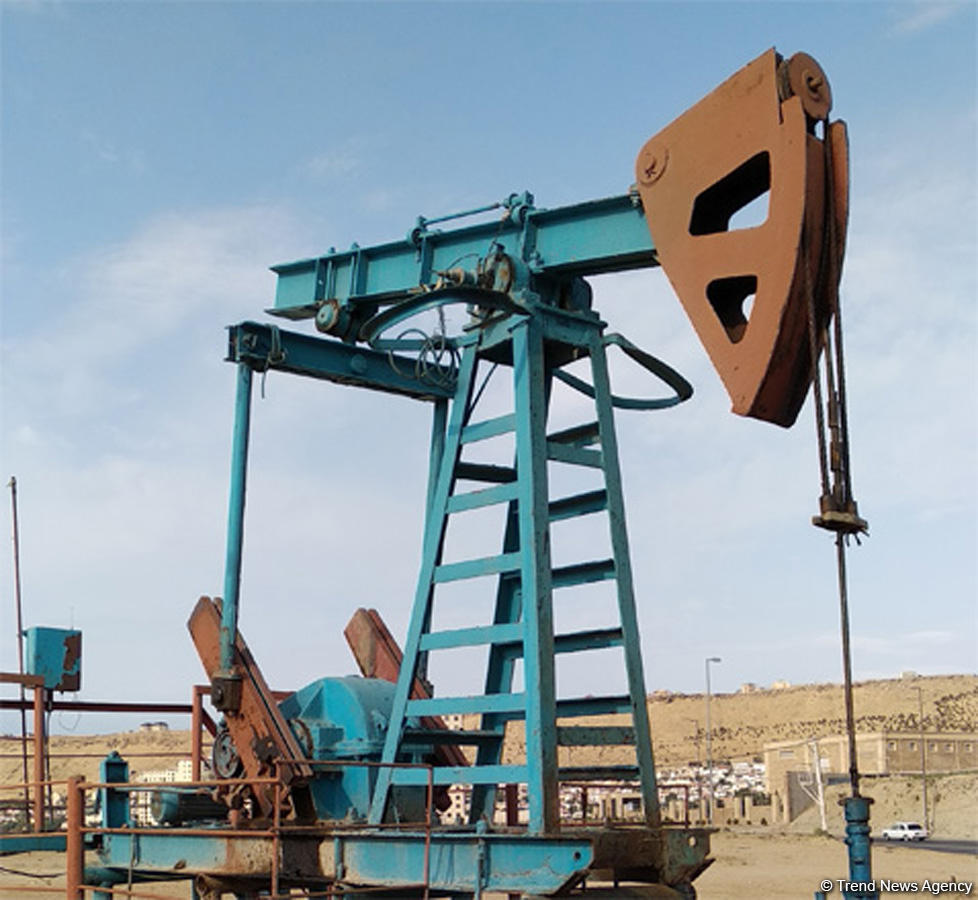BAKU, Azerbaijan, Nov.3
By Leman Zeynalova – Trend:
The Covid-19 pandemic is expected to have a lasting impact on global oil demand, which will peak at 102 million barrels per day (bpd) in 2028, Trend reports with reference to Rystad Energy.
Before Covid-19, the company had called for peak oil demand of just over 106 million bpd in 2030.
“The persistence of the Covid-19 pandemic is likely to cause 2020 oil demand to decline to 89.3 million bpd, compared to 99.6 million bpd in 2019. Demand will then recover to 94.8 million bpd in 2021 still capped by regional lockdowns and slow international aviation recovery as airlines continue to operate far below pre-virus levels. In our Governmental Targets Scenario, oil demand then recovers to 98.4 million bpd in 2022, still stuck below pre-virus levels due to structural Covid-19 impacts such as less work commuting and slower aviation recovery. It is only in 2023 that demand will recover to pre-Covid-19 levels and jump back to 100.1 million bpd.
“The slow recovery will permanently affect global oil demand levels, shaving at least 2.5 million bpd off our forecasts made before the coronavirus. We have lost at least 2 years of oil demand growth in 2020 and 2021, while before the virus we expected yearly growth of 1 million bpd. The lockdowns will stunt economic recovery in the short-term and in the long-term and the pandemic will also leave behind a legacy of behavioral changes that will also affect oil use.
“In the short-and-medium-term, we also account for an indirect impact of Covid-19 on oil demand prompted by individual behavioral changes. We expect this behavioral headwind to visibly cap demand recovery towards 2023. On the aviation side, the behavioral barriers to oil recovery can be even stronger as cost-cutting policies and teleconferencing may cap aviation business travel recovery, while we also expect some leisure travelers to abstain from airborne travel in the first years following the pandemic.
“Between 2025 and 2030, oil demand will enter a plateau phase at around 102 million bpd. In this phase, we no longer see any residual Covid-19 impacts. The post-peak phase (2030 - 2050) is characterized by the acceleration in EV adoption and recycled plastics use, which will also spill over to developing countries and satisfy part of their energy demand. In the very long-term, we see a steep decline of oil demand to 62 million bpd in 2050, driven by the high penetration rate of EVs in the automotive industry. In addition, the convergence of plastics recycling rates to around 70-75 percent – rates currently observed in other materials such as glass, aluminum cans and iron – will also contribute to that declining trend, albeit at a lesser extent.
“Overall, we do not believe Covid-19 has put peak oil demand behind us, but we do acknowledge the pandemic will greatly alter the peak oil demand reckoning moment, both in terms of timing and volumes. This will help oil substitution gain speed and inevitably take global consumption to lower levels quicker, hand in hand with the energy transition,“ the company said.
---
Follow the author on Twitter: @Lyaman_Zeyn






